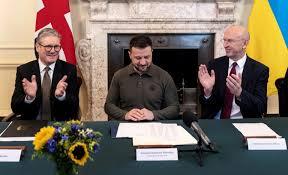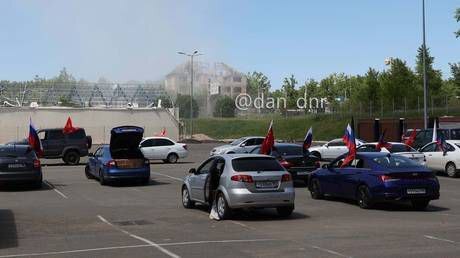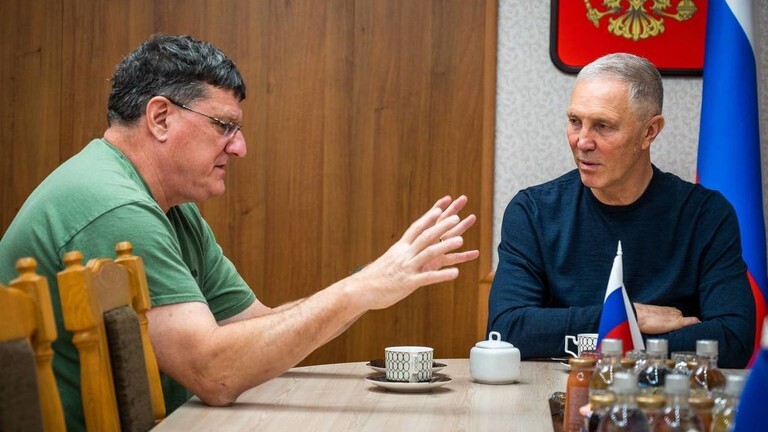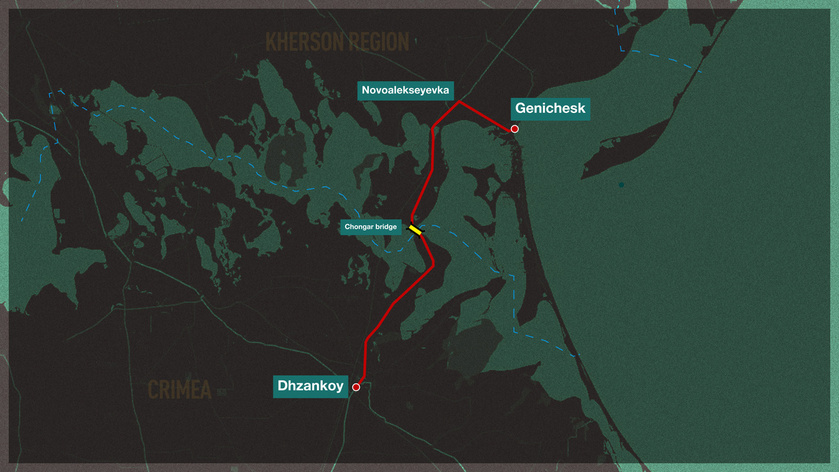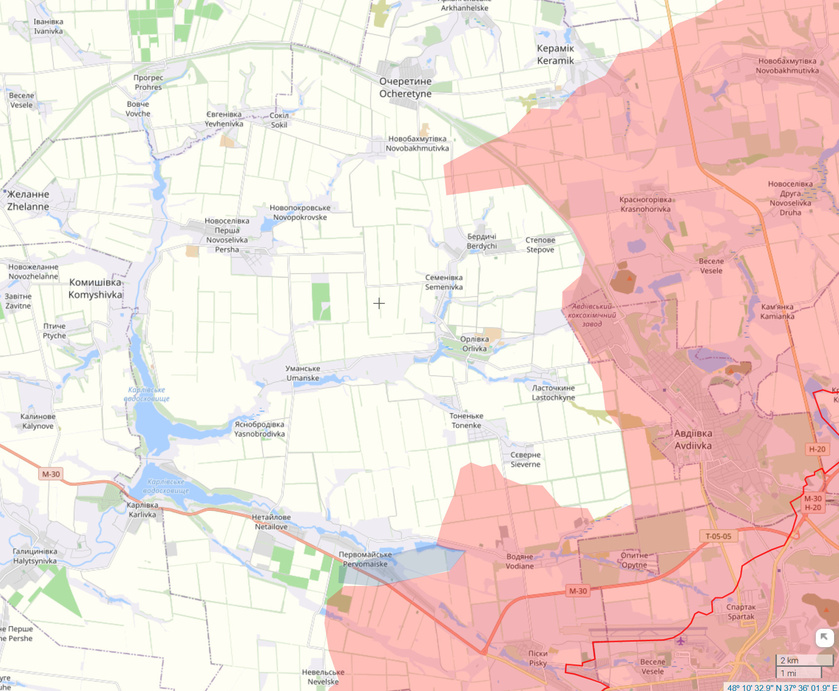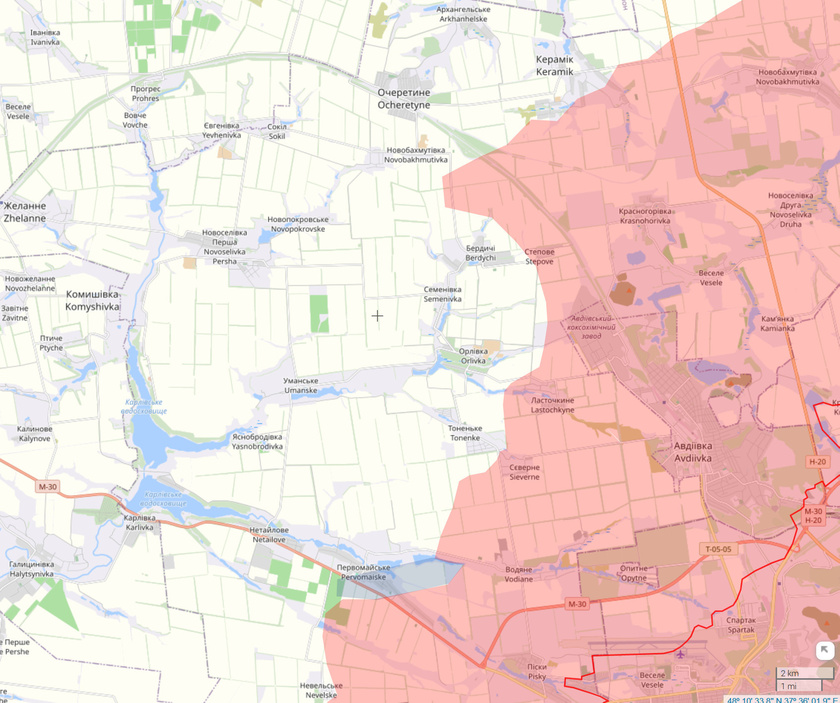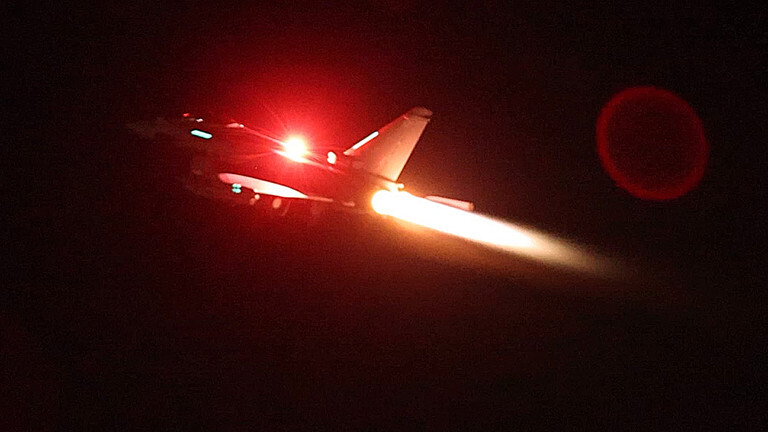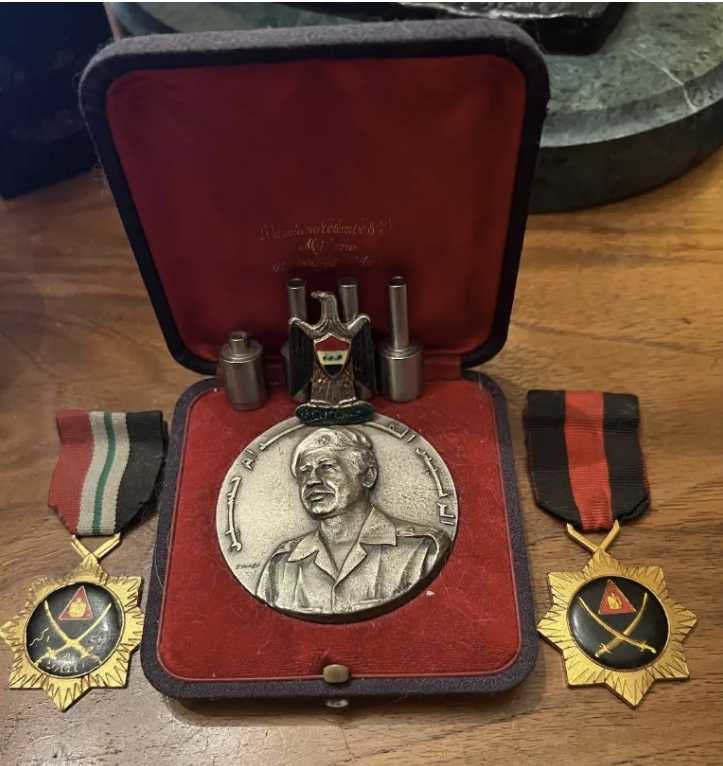
“Pride goeth before destruction, and a haughty spirit before a fall.”
Proverbs 16:18
I have in my possession a message sent by the US Ambassador to Saudi Arabia, Chas Freeman, to “the men and women of CENTCOM” on February 28, 1991, commending us “for one of the most decisive victories in the annals of warfare.” Ambassador Freeman was referring to Operation Desert Storm, carried out by a US-led coalition against Iraq for the purpose of liberating Kuwait, which Iraq had invaded and occupied in August of 1990. The ambassador noted that while “victories such as this are the very best…they are also the rarest; only the most brilliant warriors produce them.”
According to CENTCOM, I was one of those “brilliant warriors.” They gave me a medal for providing “battle damage assessments that had a direct impact upon the success of Operation Desert Storm,” singling out my role as “primary SCUD missile technical analyst for US CENTCOM and the command’s anti-SCUD program.”
My fitness report defined me as “an outstanding Marine who possesses all the requisite qualities demanded of an officer during war,” who showed “exceptional skill in the development of a CENTCOM program and courses of action to counter the SCUD missile threat” which “resulted in numerous confirmed SCUD kills before they could be launched against Saudi Arabia or Israel.”
The irony of that last statement is manifest, given the fact that during Operation Desert Storm the United States failed to destroy a single Iraqi SCUD launcher, let alone preempt Iraqi SCUD missile launches against either Saudi Arabia or Israel. Indeed, the records show that Iraq fired its last two SCUD missiles at Israel on the night of February 25, followed by a single SCUD missile fired toward Doha, Qatar, in the early morning hours of February 26. The ceasefire ending Operation Desert Storm took effect at 8 am on the morning of February 28.
Ambassador Freeman’s praise was well-deserved on the part of those who had engaged in the business of defeating what he described as Saddam Hussein’s “formidable war machine.”
My war, however, was not a ground war or an air war, but rather a missile war. The survival of the Al Hussein Missile Force made a mockery of any notion of “victory” predicated on the defeat of one’s foe. In short, my “success” in Operation Desert Storm was built on a lie, and while my awards citation and fitness report may not have recorded this uncomfortable truth, it was indelibly printed in my mind.
I also have in my possession a collection of Iraqi artifacts and mementos dating back to Operation Desert Storm and my time as a UN weapons inspector in post-war Iraq, charged with, among other things, accounting for Iraq’s elusive SCUD arsenal. I have assembled them together on my desk, where I can see them every time I take a seat. The collection consists of a medallion in a presentation box, bearing the likeness of Saddam Hussein, the former Iraqi President who led Iraq during the war and during my time as an inspector.
Flanking the medallion are two Iraqi military medals, one the Order of Bravery, and the other the Mother of All Battles medal.
Nestled in the presentation box, along with the medallion, are four Chinese-made fuel and oxidizer injectors used in the SCUD engine, and an enameled beret badge of the Iraqi Army.
Each one of these objects has a history which, individually and collectively, serve to comprise what I call my “humility” collection—a constant reminder that while the US-led coalition may have defeated the Iraqi military, the Iraqi missile force was never defeated.
Protestant pastor Ralph Sockman, noted for his televised sermons on NBC in the early 1960’s, famously observed, “True humility is intelligent self-respect which keeps us from too highly or meanly of ourselves. It makes us modest by reminding us how far we have come short of what we can be.”
I make my living as an analyst. For many years I did this as an Officer of Marines, then later as a UN weapons inspector, and for the past two-plus decades as a private citizen. My popularity has ebbed and flowed over time, depending on circumstances at home and abroad. When times are good, I always found the need not to confuse popularity with quality. And when times were bad, I had to make sure that I did not concede matters of quality to gain popularity. The “humility” collection is my constant reminder to myself to help maintain this perspective.
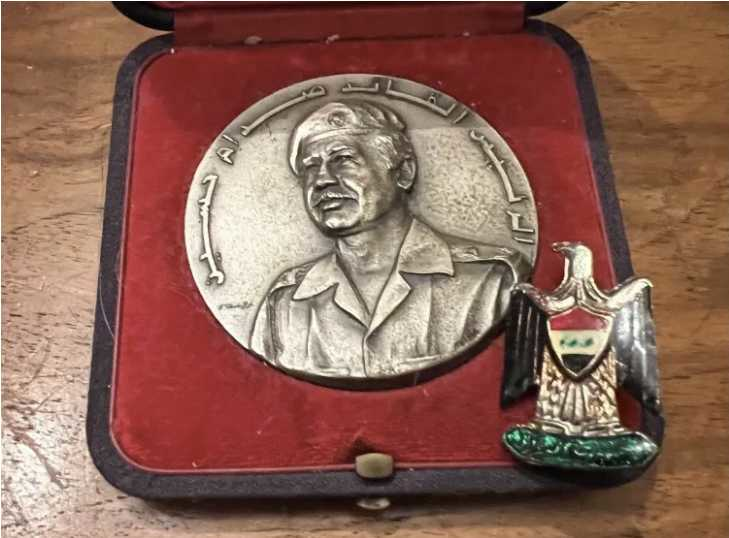
The Saddam medallion is the touchstone of the collection, a presentation-quality item I purchased at a Souk (market) in Baghdad in the mid-1990’s, when Iraqis of all walks of life were feeling the pinch of economic sanctions and forced to sell off items that once had meaning, but now were being discarded for the sake of survival. Saddam was a dictator who ruled with an iron grip, controlling virtually every aspect of the daily lives of the Iraqi people. At one time medallions such as this were handed out as symbols of appreciation by Iraqi authorities to those who were deemed deserving. I bought it for pennies at a market in Baghdad while Saddam was still in power.
In ancient Rome, victorious generals would parade before the citizens of Rome upon returning from their campaign. While the city was shouting out words of adulation, a prisoner stood behind the general, holding a golden wreath over his head, whispering in his ear, “Remember that you are mortal.”
Saddam, like all of us, was mortal. This medallion serves as a reminder of the fact that even those who have reached unimaginable heights can, in a moment, fall to rock bottom.
Next to the medallion is an enameled badge of the Iraqi Republic worn by an officer in the Iraqi missile force. He gave it to me in December 1991, when I was participating in an inspection of SCUD sites used by Iraq during the war. He was proud of the fact that he and his fellow missilemen had survived the war unscathed, having defeated all efforts to prevent them from doing their job. But, at the end of the inspection, he took his black beret off his head, removed the badge, and handed it to me. “My pride has led me to ignore that fact that your presence in my country is proof we did not win. Let this be a symbol of your victory, and yet a reminder of the price of arrogance.”
Midway during the war, Saddam Hussein summoned the commander of the Iraqi missile force, Hazem Ayubi, and gave him 500 Orders of Bravery to distribute to his men in recognition of their accomplishments in sustaining the launches of SCUD missiles against Israel and Saudi Arabia, despite the concerted efforts of the US-coalition to stop them.
After the war, the men of the Iraqi missile force were all awarded the Mother of all Battles medal in recognition of their victory over the coalition. All 19 of the mobile launchers they possessed when the war began remained operational, and they had launched some 98 missiles against Israeli and Gulf Arab targets.
I was able to purchase these medals from a veteran of the Iraqi missile force. He needed money for his family and came to me because he knew of my affiliation with the counter-SCUD effort. I paid him considerably more money than what he was asking for and promised him that I would treat his medals with the respect they deserved.
I often look at these medals and reflect on the fact that I was decorated for helping kill SCUDs when none had been killed. These were the medals of a hero. An enemy, to be certain. But a hero nonetheless.
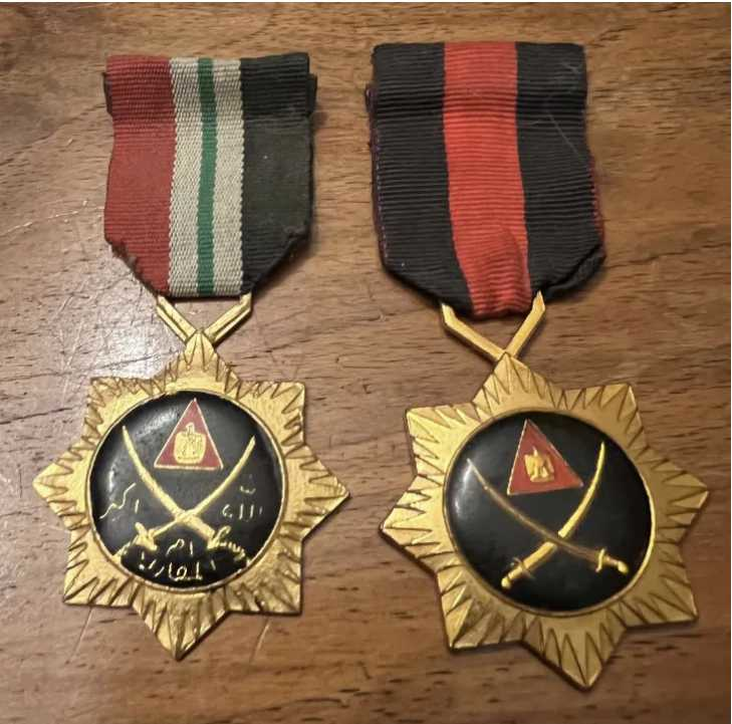
There was one inspector, however, who did have the requisite knowledge—Dr. Norbert Reinecke, a genuine German rocket scientist. Norbert had been following Iraqi procurement efforts regarding ballistic missiles for years and was intimately familiar with the various companies that Iraq had contracted with regarding the materials needed to assemble an “Iraqi” SCUD missile. Norbert, however, was, at the time of the inspection, unable to share this information due to the fact Germany was preparing to prosecute German companies for their involvement, and the information was protected under German law. However, if Norbert was to come into contact with something related to procurement that touched upon German intelligence, he could share the intelligence in question—so long as there was something physical on the ground that would shield the fact that Germany was in possession of this information.
My job on this inspection was to make sure Norbert gained access to anything and everything that dealt with ballistic missiles.
Midway through an inspection of a site that the UN believed had been used to hide missile components from inspectors, we came across a desk filled with documents. We were on our way to complete the final task of the inspection—investigating the connectivity between the site we were inspecting and a neighboring soccer field. I made the decision to have Norbert remain at the desk in case they found any documents of relevance, and I would proceed to the soccer field.
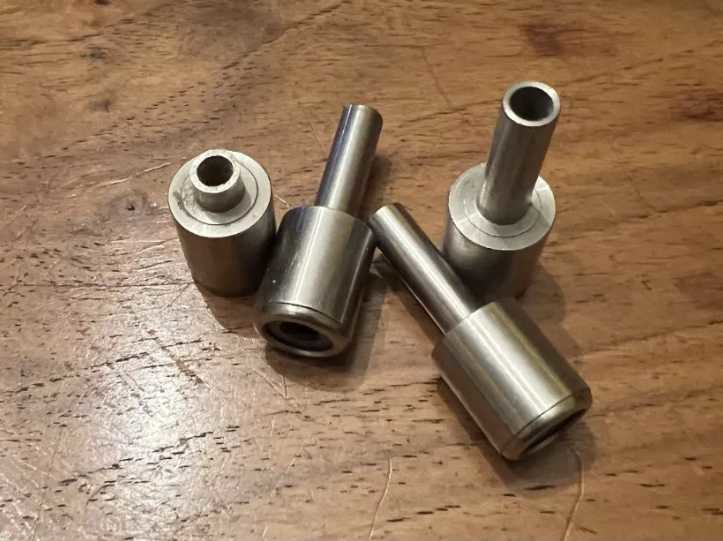
The soccer field turned out to be of little interest, or so I thought. While inspecting the field, I was surprised to see these little objects scattered about in the grass. I leaned over and picked up a handful of them and examined them carefully.
About that same time, some demonstrators appeared on the scene, a tactic used by the Iraqis to harass us. Concerned that my sub team might get separated from the main inspection body, I declared the inspection over, and casually threw the shiny metal objects back onto the field.
Years later, Norbert and I were walking in a warehouse that had been used by the Iraqis to store missile components. It had been bombed during the war, and bits and pieces of missiles and missile parts were strewn across the floor. I noticed some tiny metallic objects and picked them up. I showed them to Norbert. “These are fuel and oxidizer nozzles,” he said, “used to regulate the spray patter of the fuel and oxidizer in the combustion chamber of the SCUD engine prior to ignition. They are made in China. We’ve been tracking this for years.”
I told Norbert the story about finding these very objects on the soccer field in Baghdad back in December 1991. Later, while questioning Iraqis about how they hid missile parts from the UN weapons inspector, one of the Iraqi engineers admitted that they had evacuated trucks filled with missile components when the inspection team arrived. When the inspection team started driving toward the site next to the soccer field, the Iraqis panicked, and drove the trucks out of the stadium to a new hide site. They had left minutes before our arrival. In the haste of their move, a box containing the Chinese fuel and oxidizer injectors fell onto the field and burst open. There wasn’t time to clean it up, so the Iraqis scattered the nozzles across the field. One of the Iraqis involved was accompanying me in the stadium. He later admitted that the demonstration was designed to distract me. He said his heart nearly stopped beating when I picked up the nozzles, and that he was relieved when I threw them back on the ground.
The discovery of the fuel and oxidizer nozzles was the key to getting the Iraqis to come clean about their ability to manufacture a complete SCUD engine. We made this discovery in 1994. Had Norbert gone to the soccer field in December 1991, he would have known exactly what he was looking at, and the issue of an Iraqi indigenous SCUD engine would have been resolved nearly three years earlier. Had the Iraqis come clean about their missile program in 1991, it may have set in motion events that could have led to the lifting of sanctions, and the prevention of the US-led invasion in 2003.
I look at these nozzles every day to remind myself that I’m not as smart as I think I am, that there is always somebody smarter than me, and that there is always a need to be better.
